10, May 2020
Federal Republic of Ambazonia: deadly mix of war and coronavirus 0
Prominent Cameroonian human rights activist Beatrice Titanji leapt for joy when a major secessionist group declared a ceasefire on 29 March to protect people from the “fury” of coronavirus in the central African state’s English-speaking heartlands, but her hopes have since been dashed as fighting continues to rage.
“It’s a scary situation. Thousands are trapped in the bushes,” Dr Titanji told the BBC.
“How do we tell them about Covid-19?” she added.
The Southern Cameroons Defence Forces (SCDF) unilaterally declared the ceasefire, following an appeal by UN chief António Guterres for conflict to end across the world.
“The fury of the virus illustrates the folly of war,” he said.
“It is time to put armed conflict on lockdown and focus together on the true fight of our lives,” Mr Guterres added.
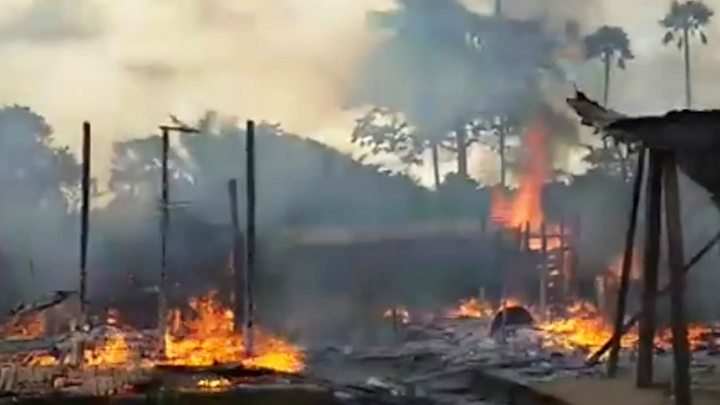
However, none of Cameroon’s other secessionist groups, estimated to number at least 15, have heeded the appeal.
The Ambazonia Governing Council, which is one of the biggest groups, said a unilateral ceasefire would open the way for government troops to march unopposed into territory under its control.
Hunger and illness
Cameroon’s government, led by the French-speaking President Paul Biya, has not declared a truce either and, to the dismay of aid workers, has banned humanitarian flights, along with commercial flights, in its efforts to curb the spread of the virus.
“If we don’t have the means to reach out to people and give them food and medication, many of them are going to suffer. They will die of hunger and illnesses,” said Dr Titanji, an academic who leads the Women’s Guild for Empowerment and Development, a non-governmental organisation involved in peace initiatives in Cameroon.
Both English and French are official languages in Cameroon following a complicated colonial history but in practice, the Francophone majority dominates, leading the Anglophone minority to complain of discrimination.
About 3,000 people have already died since protests over the increasing use of French in courts and schools in the English-speaking heartlands of the North-West and South-West regions morphed into violence in 2017.
Nearly a million people have also been displaced by the conflict – many of them fled into bushes, where they built huts and villages as they started life afresh after their once-peaceful cites and towns turned into battle zones.

Cameroon – still divided along colonial lines:
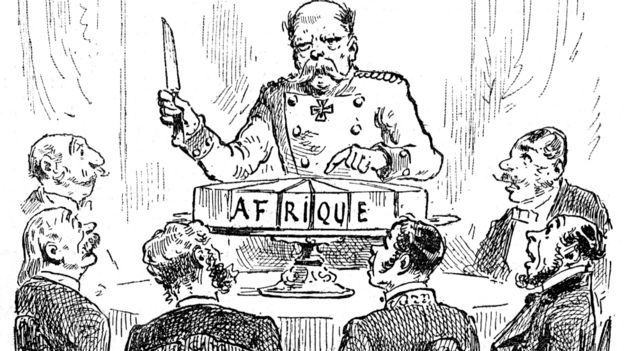
- Colonised by Germany in 1884
- British and French troops force Germans to leave in 1916
- Cameroon is split three years later – 80% goes to the French and 20% to the British
- French-run Cameroon becomes independent in 1960
- Following a referendum, the (British) Southern Cameroons join Cameroon, while Northern Cameroons join English-speaking Nigeria
The UN children’s agency, Unicef, estimates that about 255, or 34%, of the 7,421 health facilities in the North-West and South-West are either non-functional or only partially functional because of the conflict.
Some of the facilities have been attacked and burnt down, forcing medics to flee.
This has increased fears about treating people in the event of a major outbreak of Covid-19.Beatrice Titanji Cameroon has so far recorded more than 2,200 cases and 100 coronavirus-related deaths since March, the highest in central Africa.
However, few of them have been in the North-West and South-West, either because of little testing or because conflict has heavily restricted movement, effectively putting many urban and rural areas on lockdown long before the outbreak of coronavirus.
Like most civilians, soldiers are now seen wearing mass-produced protective masks, and using hand sanitizer, as they patrol cities and towns in the North-West and South-West.
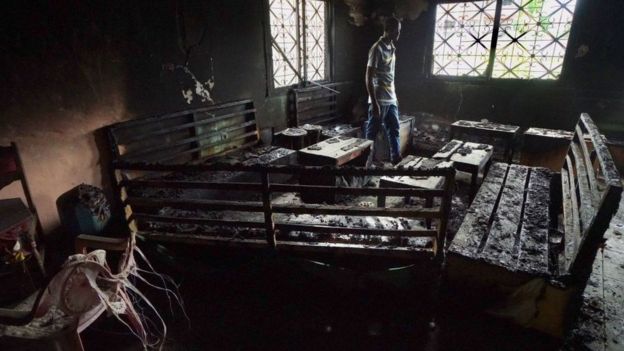
However, there is little indication that the armed militias have taken any protective measures against coronavirus, or that they are medically equipped to deal with infections in their forest hideouts – where they sometimes hold abducted government officials.
About 300 government troops carried out a six-day operation against the separatists late last month. The military said it had killed 15 fighters, and destroyed two of their military camps outside the town of Bafut in the North-West.
The security forces are still searching for three government officials, including a court registrar, after they were seized by separatists in Boyo, another town in the North-West, late last month.
Lamenting the continuing conflict, Dr Titanji said: “It’s a great challenge getting aid to the suffering masses. We don’t need war at this time, with Covid-19 raging and killing people.”
Culled from The BBC

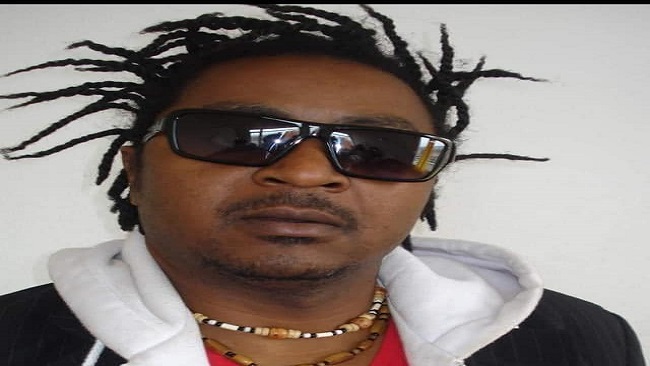


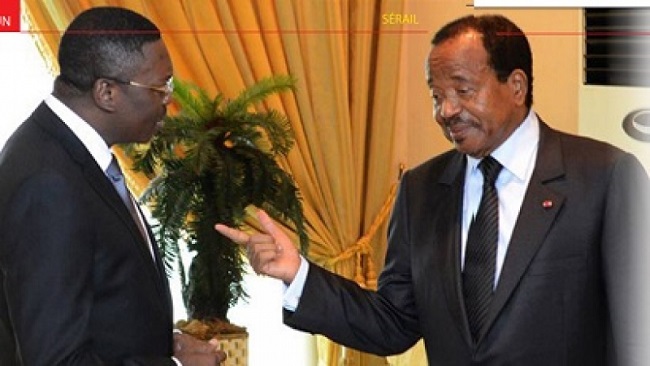

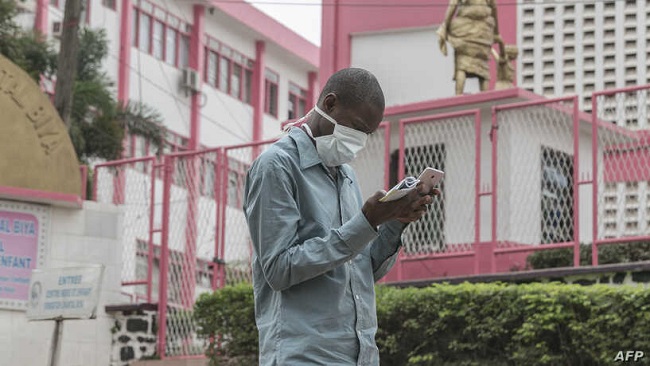



















10, May 2020
Cameroon Continues to Suffer Staggering Mother, Child Birth Mortality Rate 0
Coinciding with Friday’s observance of the African Day for the Reduction of Maternal and Newborn Mortality, Cameroon disclosed that tens of thousands of newborn babies continue to die at birth and thousands of women continue to lose their lives while giving birth each year in the central African of 25 million. Health officials say the situation is worse on Cameroon’s northern border with Nigeria, where most mothers do not go to hospitals.
Martina Lukong Baye, Cameroonian Coordinator of the National Multisector Program to Combat Maternal, Newborn and Child Mortality, says it is unfortunate that the number of mothers and babies dying in Cameroon has remained high due to many women neglecting prenatal care and some delivering at home using untrained traditional birth attendants.
“We are counting about 4,000 women dying every year from causes linked to pregnancy or delivery. It is pathetic. It is about 22,000 newborn babies that we lose every year. It is really, really unacceptable.” Baye said.
Cameroon’s Ministry of Public Health, however, reports that the number of pregnant women who die has dropped from 8,000 in 2015 to 4,000 in last year, and babies who are dying each year has decreased from 30,000 in 2015 to 22,000 last year.
Baye says Cameroon could do more to reduce most of the deaths by paying more attention to reasons why the women and babies die.
“The first direct cause of women dying in Cameroon is bleeding. We do not have enough blood available in our health facilities to give these women. The other cause too, now, that is quite prominent now is hypertension in pregnancy. The other cause now would be infection after delivery and, of course, home deliveries,” Baye said.
According to a 2018 Cameroon government-sponsored demographic and health survey, 33% of Cameroonian deliveries are carried out at home or with African traditional birth attendants, without trained health staff members.
The situation is critical on Cameroon’s northern border with Nigeria, where Boko Haram has chased medical staff away and torched hospitals, and the border with the Central African Republic that has been an epicenter of CAR rebel atrocities.
Malachie Manaouda, Cameroon’s health minister, says the government has taken measures to improve health care delivery at hospitals as an urgent measure to reduce the deaths.
He says the universal health coverage plan Cameroon is developing prioritizes mother and child care. He says President Paul Biya is personally supervising the plan as an indication of a strong political will to stop women from dying while giving birth, and babies from dying before, during or shortly after birth.
Manaouda said Cameroon has, within the past three years, equipped maternities and trained and recruited about a thousand midwives and pediatricians to attend to the needs of mothers and babies. He also said the government two years ago instructed all hospitals on Cameroon’s northern border with Nigeria and Cameroon’s border with CAR to offer free prenatal care.
The African Day for the Reduction of Maternal and Newborn Mortality, observed since 2009, offers an opportunity for African countries, members of the African Union, to intensify actions aimed at reducing maternal and infant mortality, examine challenges faced, and press for greater political commitment among African countries to stop mothers and babies from dying.
Source: VOA